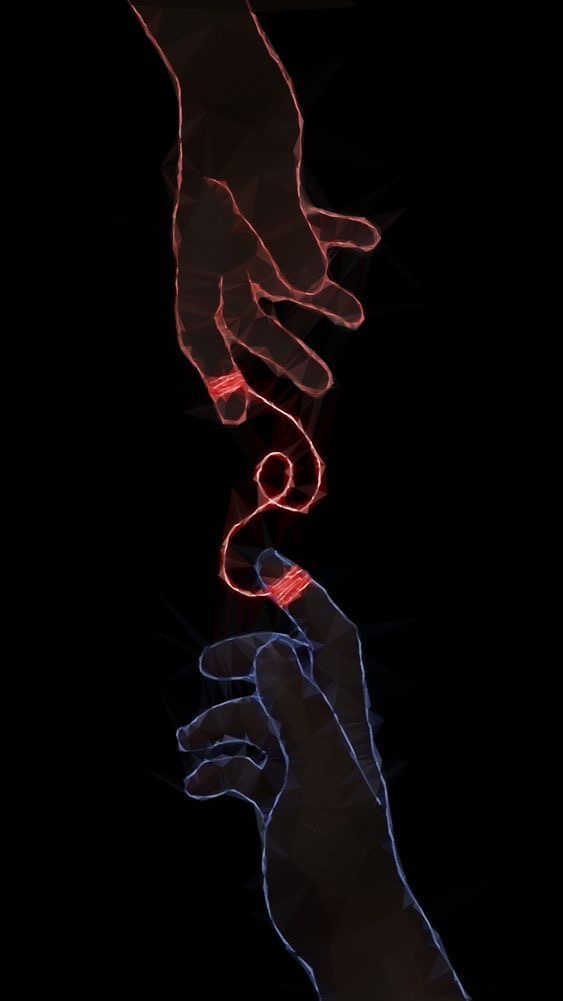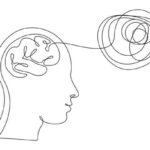What Real Love Feels Like: A Lens Through Attachment Theory

We often romanticize love as presence—the idea that someone is there for us. But according to attachment theory, real love isn’t proven during the easy moments. It’s revealed in the hard ones—when we’re hurting, vulnerable, or in need. That’s when the quality of love shows itself most clearly.
People with a secure attachment style don’t just want to be around you. They want to be a safe place for you. They listen when you’re in pain, they try to understand rather than dismiss, and they care deeply about how their actions affect you. Real love, in this sense, is active. It’s not content with proximity—it seeks repair, comfort, and emotional clarity.
When someone truly values you, their greatest fear isn’t losing access to you. It’s becoming the reason for your pain. They worry not about being left out, but about being the source of hurt. In their world, your emotional safety matters more than their own pride, convenience, or control.
Contrast that with another kind of connection—one that looks like love on the surface, but is quietly conditional. In these relationships, affection may be abundant when you’re giving: your time, your attention, your validation. But if you stop supplying those things, the warmth vanishes. What they fear isn’t that they might be causing you pain—it’s that they might lose what you give to them.
It’s a subtle shift in focus, but it reveals everything.
One person loses sleep fearing they may have hurt your heart.
The other loses sleep fearing they may lose their supply.
Pay attention. The difference between the two isn’t always obvious at first, but over time, it defines the kind of love you’re receiving.
In a world that often teaches us to settle for being needed, remember this:
Being cherished is different from being useful.
And the kind of love that heals you will always prioritize your emotional safety over personal gain.



Comments (0)